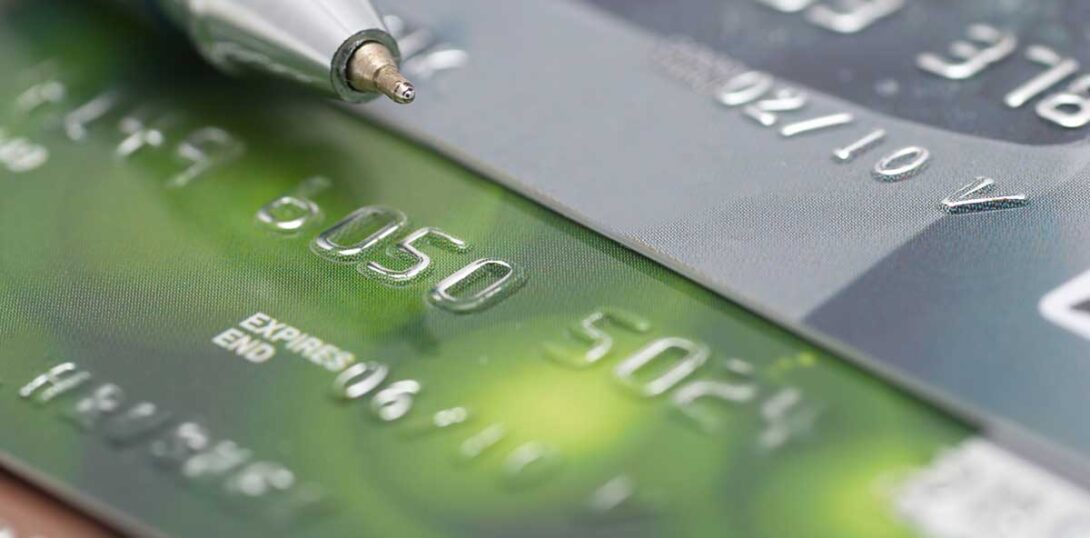Credit Card SOS
How and when to use credit in an emergency
Economic shutdowns, layoffs, a pandemic, political uncertainty—or all of these at once can create a wobble in even the sturdiest of financial plans. Even with some cash in the bank, people may feel the need to reach for a credit card to help get them through some tough spots, whether that’s an expensive home or car repair, a medical bill, or even basics like utilities and groceries.
Credit cards can be a great tool and a way to build credit, earn rewards like airline miles, or help preserve your cash flow.
But for some, relying on credit cards too heavily can be like making a deal with the devil. Here are some rules for using credit in an emergency.
Go in with eyes wide open—and preferably an extra pair of eyes. You’ll need to know what kind of a deal you’re making when you open or decide to use credit. Be sure to understand all the terms and liabilities, with the interest rate being the most obvious. This is where a financial advisor can help you create a strategy, find the best products, negotiate payoffs, and determine what purchases are best done via credit.
The worse your credit is, the worse terms you’ll get. If your credit score is low, then any extension of credit you’re likely to get will be with high interest. Beware this trap—with rates as high as 25%, if you’re only making minimum payments you can end up paying endlessly toward the interest while the amount you owe grows. If you have a solid credit score, you can negotiate the best possible rates from banks and credit card companies.
Use credit only on an as-needed basis, when you absolutely have to, and pay it off as soon as possible. If your debt is getting out of control, there are debt consolidation companies that can help, but there are fees involved.
See if there are other options or deals to help finance things. Some companies offer direct credit to consumers at rates far better than any credit card companies will extend. For example, a medical provider may offer care credit, where you can pay bills off over 24 months with 0% interest. Whatever the expense, talk directly with the company providing the service to see what credit they may offer. Major home and car repairs and big purchases like appliances are other typical scenarios where you may have the option for 0% financing. If you can take advantage of that, do it—this will preserve your cash flow and give you flexibility if you have another emergency that you need to pay for in cash.
Credit cards can be a great tool and a lifesaver in an emergency—but it’s not free money. Sooner or later, you’ll have to pay it back, and if you let it spiral out of control, that payback can be painful. Using credit cards in conjunction with keeping a well-balanced emergency fund is the ideal strategy to help you stay prepared for whatever uncertainties the future brings.
Contact one of our Aspen Wealth Strategies planners if you need help strategizing for major expenses or growing your emergency fund.
